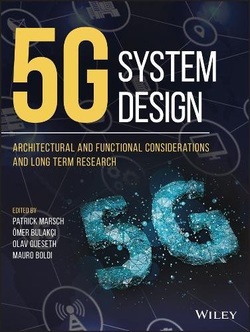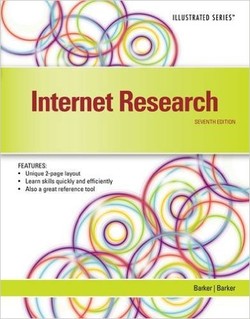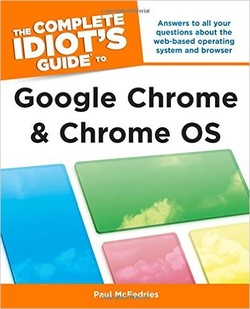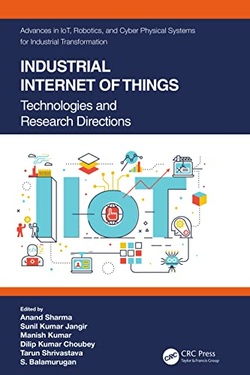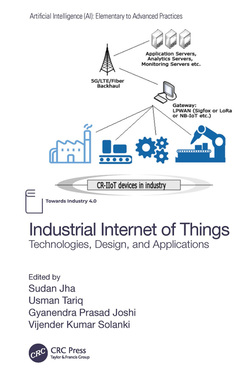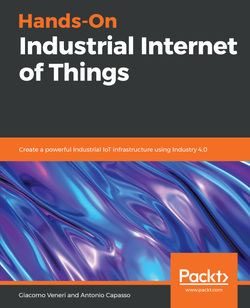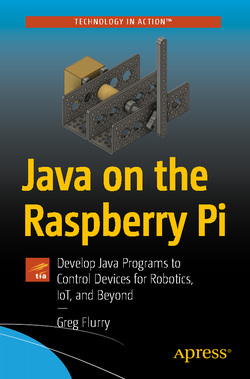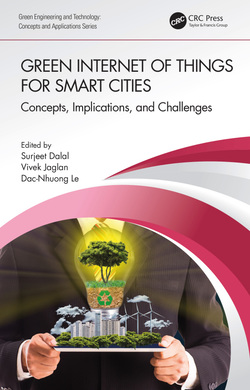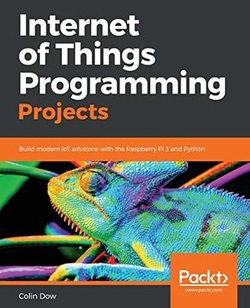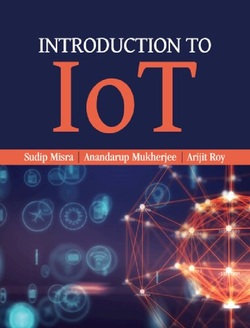راهنمای بینالمللی پژوهش اینترنت
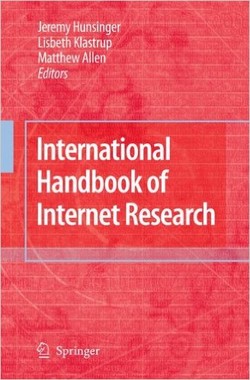
این کتاب به عنوان نخستین در نوع خود، یک معرفی مفصل از دیدگاههای مختلف علمی میباشد که ما میتوانیم در رابطه با اینترنت به عنوان یک پدیده سیاسی، اجتماعی و ارتباطی اعمال کنیم. پوشش زوایای عملی و نظری تحقیقات و مباحث بنیادی پژوهشگران مختلف در زمینه اینترنت به همراه فصولی در رابطه با درک و تحلیل برخی مثالهای فعلی از فعالیتهای برخط و محصولات مصنوعی، در این کتاب ارائه شده است. همچنین بصورت کلی تمامی قارهها و اقلیمها و بررسی عمقی موضوعاتی مانند بازیهای شبکهای، اقتصاد و قانون را پوشش میدهد. دامنه موضوعات بررسیشده در این پژوهشها، از جوامع مجازی گرفته تا دانشنامههای الکترونیکی همگی شواهدی بر این موضوع میباشند که در جهان امروز پژوهشهای مرتبط با اینترنت یک حوزه جذاب و کامل را شکل میدهند و با درنظرگرفتن اینکه میتواند یک فضای جدید آرمانی و یا غیرآرمانی محسوب شود توجه به آن کمتر صورت گرفته و در عوض تنها به یک رسانه و بخش جداییناپذیر از فرهنگ روزمره ما و حالتی متداول از ارتباطات تبدیل شده است.
سال انتشار: 2010 | 512 صفحه | حجم فایل: 11 مگابایت | زبان: انگلیسی
International Handbook of Internet Research
نویسنده
Jeremy Hunsinger, Lisbeth Klastrup, Matthew Allen
ناشر
Springer
ISBN10:
1402097883
ISBN13:
9781402097881
قیمت: 16000 تومان
برچسبها: Internet research spans many disciplines. From the computer or information s- ences, through engineering, and to social sciences, humanities and the arts, almost all of our disciplines have made contributions to internet research, whether in the effort to understand the effect of the internet on their area of study, or to investigate the social and political changes related to the internet, or to design and develop so- ware and hardware for the network. The possibility and extent of contributions of internet research vary across disciplines, as do the purposes, methods, and outcomes. Even the epistemological underpinnings differ widely. The internet, then, does not have a discipline of study for itself: It is a ?eld for research (Baym, 2005), an open environment that simultaneously supports many approaches and techniques not otherwise commensurable with each other. There are, of course, some inhibitions that limit explorations in this ?eld: research ethics, disciplinary conventions, local and national norms, customs, laws, borders, and so on. Yet these limits on the int- net as a ?eld for research have not prevented the rapid expansion and exploration of the internet. After nearly two decades of research and scholarship, the limits are a positive contribution, providing bases for discussion and interrogation of the contexts of our research, making internet research better for all. These ‘limits,’ challenges that constrain the theoretically limitless space for internet research, create boundaries that give de?nition to the ?eld and provide us with a particular topography that enables research and investigation.
